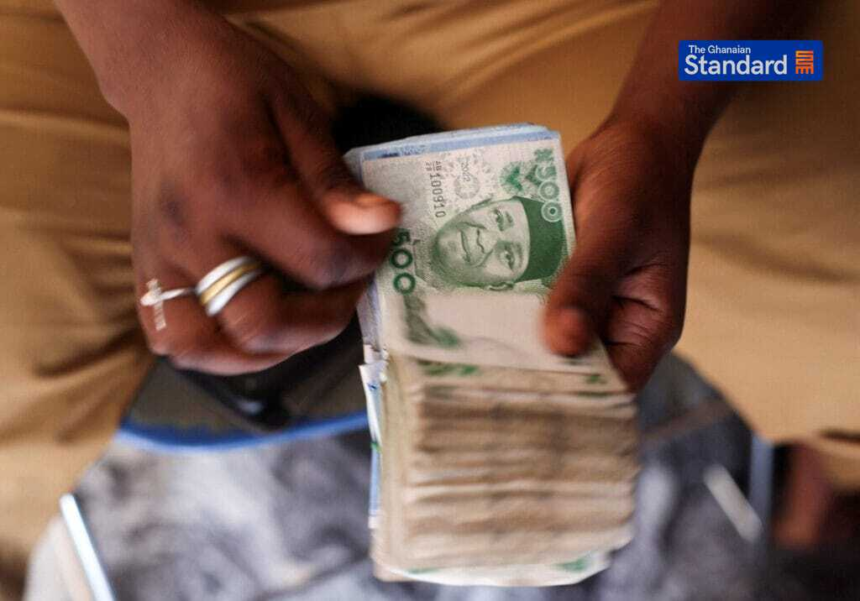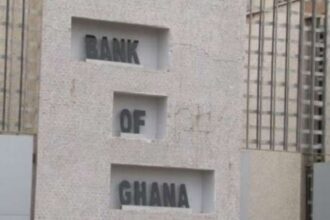African Economies Could Save Billions by Shifting Away from US Dollar
Africa has the potential to save up to $5 billion annually by utilizing its own currencies, such as the Nigerian naira, Ghanaian cedi, or South African rand, for trade within the continent. This move, spearheaded by the Pan-African Payments and Settlement System (PAPSS), signals a significant step towards financial autonomy and reduced trade expenses across Africa.
Addressing Financial Burden Without Political Agenda
While the initiative is not aimed at de-dollarisation, it aims to tackle the high costs African nations incur from dollar-dominated transactions. According to Mike Ogbalu, CEO of PAPSS, the focus is on economic efficiency rather than geopolitics. “Our goal is not de-dollarisation,” he explained. “African economies face challenges in accessing global currencies for transaction settlements.”
Enhancing Trade Efficiency and Cost Reduction
Currently, African banks rely on expensive correspondent relationships overseas, even for transactions between neighboring countries. These systems can inflate costs by up to 30% on a $200 million trade deal. In contrast, PAPSS facilitates payments between African businesses in their local currencies at just 1% of the transaction cost.
Expanding Reach and Adoption of PAPSS
Launched in January 2022 with 10 banks, PAPSS now operates in 15 countries and has enrolled 150 commercial banks. While specific usage data is not disclosed, transaction volumes are steadily increasing, indicating a positive trend.
Support from Global Trends and Financial Backing
China, Russia, and BRICS nations have advocated for trade systems independent of the dollar. The International Finance Corporation (IFC) has also started issuing loans to African businesses in local currencies to mitigate risks associated with borrowing in dollars, supporting the shift towards local currency payments.
Geopolitical Challenges and Focus on Practical Gains
Despite geopolitical tensions, African financial leaders remain committed to practical benefits. South Africa, the current G20 rotating presidency holder, has emphasized regional payment systems, highlighting the importance of trading and settling in local currencies for the continent’s economic functionality.
Driving Fintech Growth in Ghana and Digital Finance Adoption
Ghana’s fintech sector has seen significant growth due to policies like the National Financial Inclusion Development Strategy (NFITS), the Cashlite Roadmap, and the Digital Financial Services Policy. With over 60 licensed fintech firms in Ghana, the digital finance ecosystem in Africa is rapidly expanding.
Perception vs. Reality
While African leaders stress the economic rationale behind moving away from the dollar, the global political landscape may interpret it as part of a larger geopolitical shift. As Professor Daniel McDowell of Syracuse University suggests, “The perception is likely to be that this is about geopolitics.”







